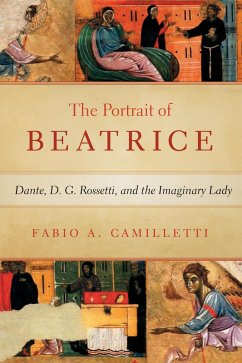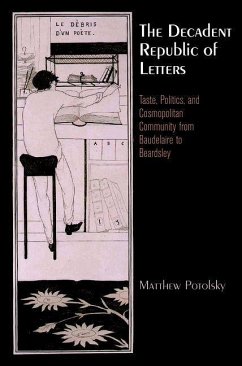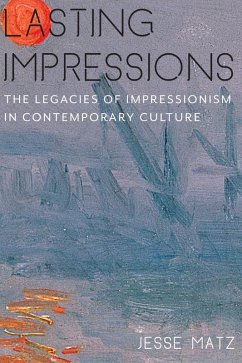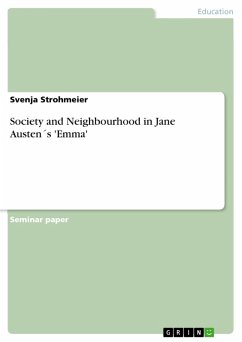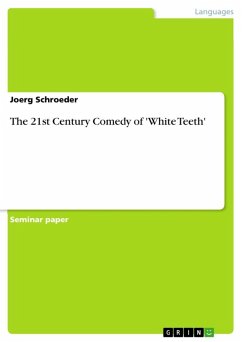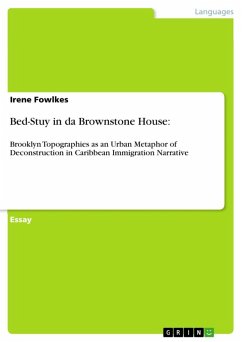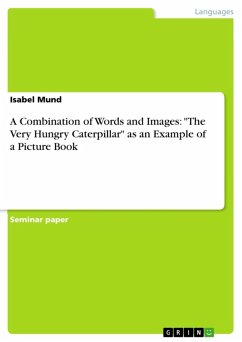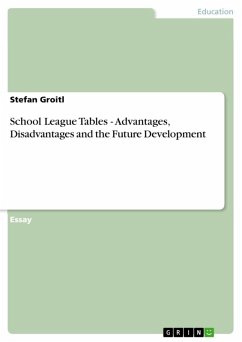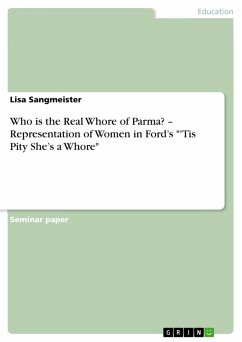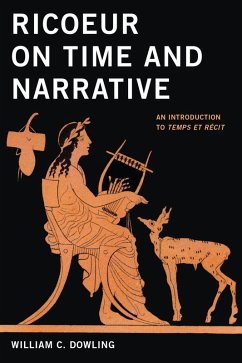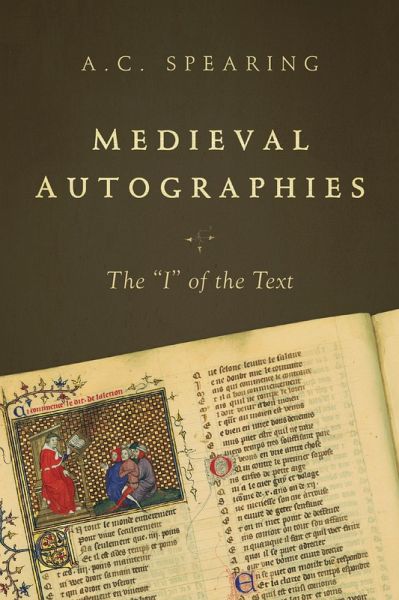
Medieval Autographies (eBook, ePUB)
The "I" of the Text
Versandkostenfrei!
Sofort per Download lieferbar
19,95 €
inkl. MwSt.
Weitere Ausgaben:

PAYBACK Punkte
10 °P sammeln!
In Medieval Autographies, A. C. Spearing develops a new engagement of narrative theory with medieval English first-person writing, focusing on the roles and functions of the "I" as a shifting textual phenomenon, not to be defined either as autobiographical or as the label of a fictional speaker or narrator. Spearing identifies and explores a previously unrecognized category of medieval English poetry, calling it "autography." He describes this form as emerging in the mid-fourteenth century and consisting of extended nonlyrical writings in the first person, embracing prologues, authorial interv...
In Medieval Autographies, A. C. Spearing develops a new engagement of narrative theory with medieval English first-person writing, focusing on the roles and functions of the "I" as a shifting textual phenomenon, not to be defined either as autobiographical or as the label of a fictional speaker or narrator. Spearing identifies and explores a previously unrecognized category of medieval English poetry, calling it "autography." He describes this form as emerging in the mid-fourteenth century and consisting of extended nonlyrical writings in the first person, embracing prologues, authorial interventions in and commentaries on third-person narratives, and descendants of the dit, a genre of French medieval poetry. He argues that autography arose as a means of liberation from the requirement to tell stories with preordained conclusions and as a way of achieving a closer relation to lived experience, with all its unpredictability and inconsistencies. Autographies, he claims, are marked by a cluster of characteristics including a correspondence to the texture of life as it is experienced, a montage-like unpredictability of structure, and a concern with writing and textuality.
Beginning with what may be the earliest extended first-person narrative in Middle English, Winner and Waster, the book examines instances of the dit as discussed by French scholars, analyzes Chaucer's Wife of Bath's Prologue as a textual performance, and devotes separate chapters to detailed readings of Hoccleve's Regement of Princes prologue, his Complaint and Dialogue, and the witty first-person elements in Osbern Bokenham's legends of saints. An afterword suggests possible further applications of the concept of autography, including discussion of the intermittent autographic commentaries on the narrative in Troilus and Criseyde and Capgrave's Life of Saint Katherine.
Beginning with what may be the earliest extended first-person narrative in Middle English, Winner and Waster, the book examines instances of the dit as discussed by French scholars, analyzes Chaucer's Wife of Bath's Prologue as a textual performance, and devotes separate chapters to detailed readings of Hoccleve's Regement of Princes prologue, his Complaint and Dialogue, and the witty first-person elements in Osbern Bokenham's legends of saints. An afterword suggests possible further applications of the concept of autography, including discussion of the intermittent autographic commentaries on the narrative in Troilus and Criseyde and Capgrave's Life of Saint Katherine.
Dieser Download kann aus rechtlichen Gründen nur mit Rechnungsadresse in A, D ausgeliefert werden.




